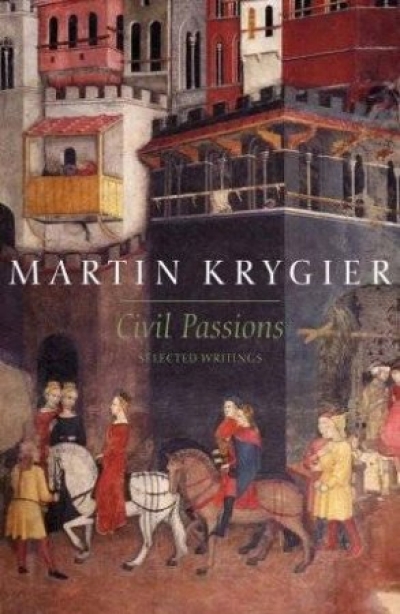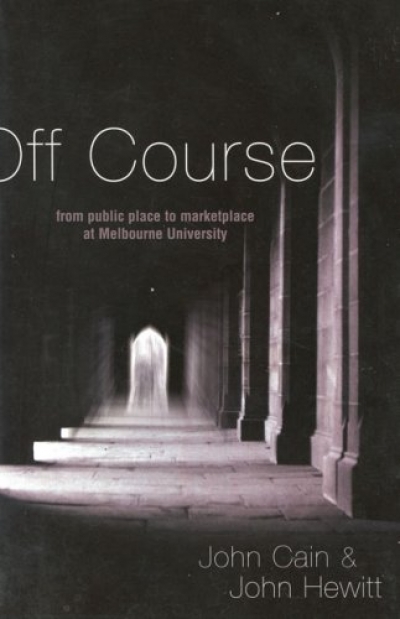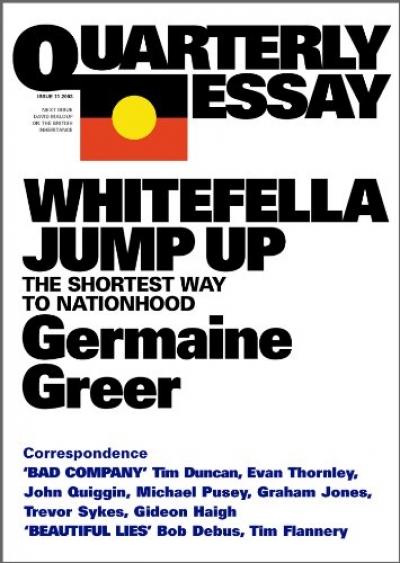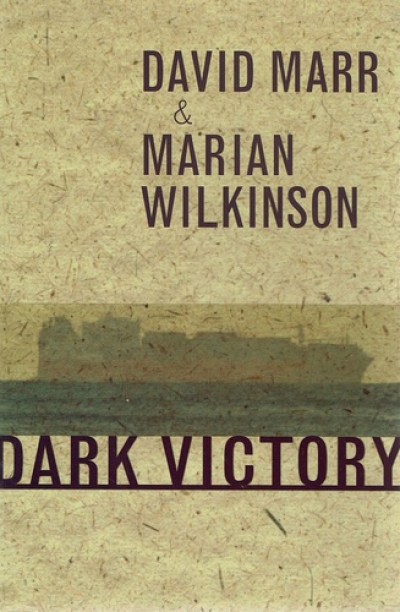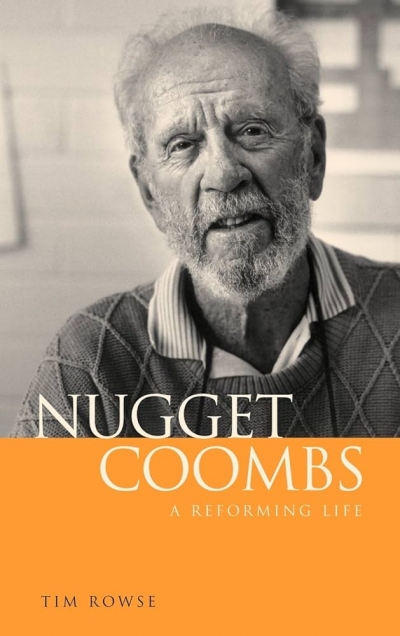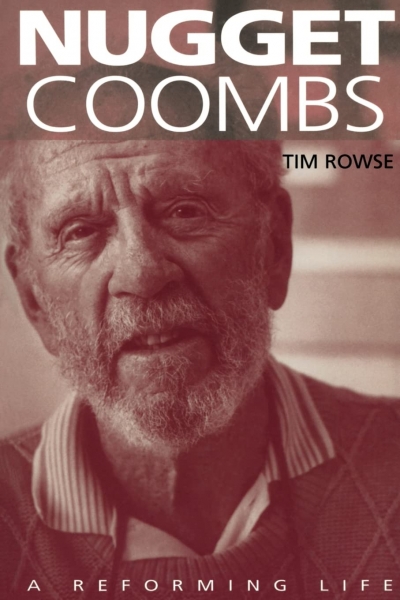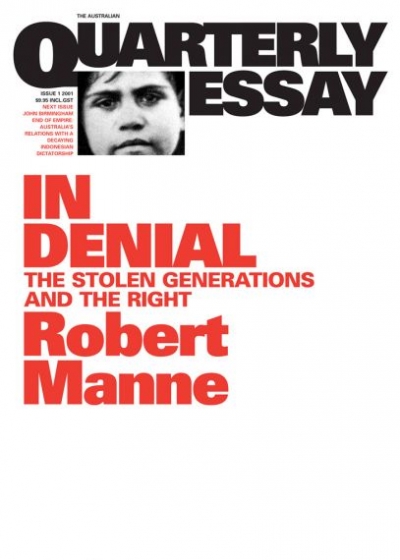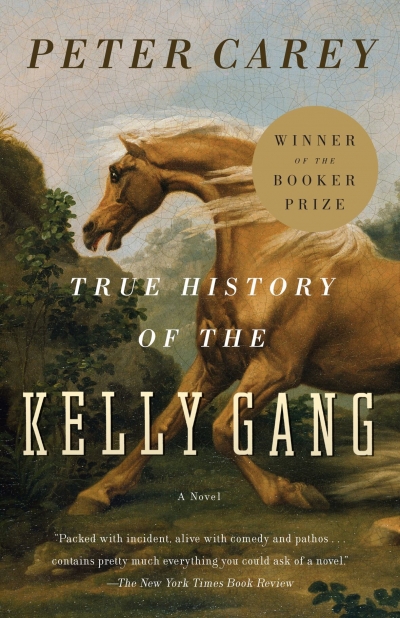Morag Fraser
To celebrate the best books of 2004 Australian Book Review invited contributors to nominate their favourite titles. Contributors included Dennis Altman, Brenda Niall, Kerryn Goldsworthy, Morag Fraser and Chris Wallace-Crabbe.
... (read more)Off Course: From public place to marketplace at Melbourne University by John Cain and John Hewitt
by Morag Fraser •
Whitefella Jump Up by Germaine Greer & Made In England by David Malouf
by Morag Fraser •
Dark Victory by David Marr and Marian Wilkinson & Don’t Tell the Prime Minister by Patrick Weller
by Morag Fraser •
Primo Levi, in two interviews given almost twenty years ago*, set a standard of critical sympathy that is not only exemplary, but peculiarly apt to the fraught debate about the post-September 11 world and the USA’s place and reputation within it.
... (read more)In Denial: The Stolen Generations and the Right (Quarterly Essay 1) by Robert Manne
by Morag Fraser •

